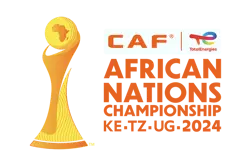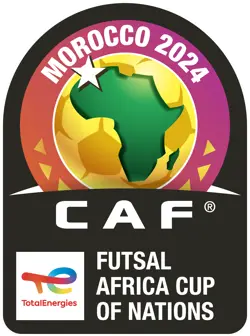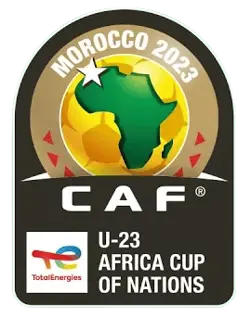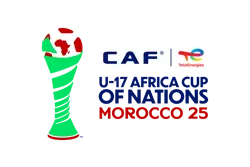Tactical Analysis: How Madagascar’s unity overcame Sudan’s missed chances
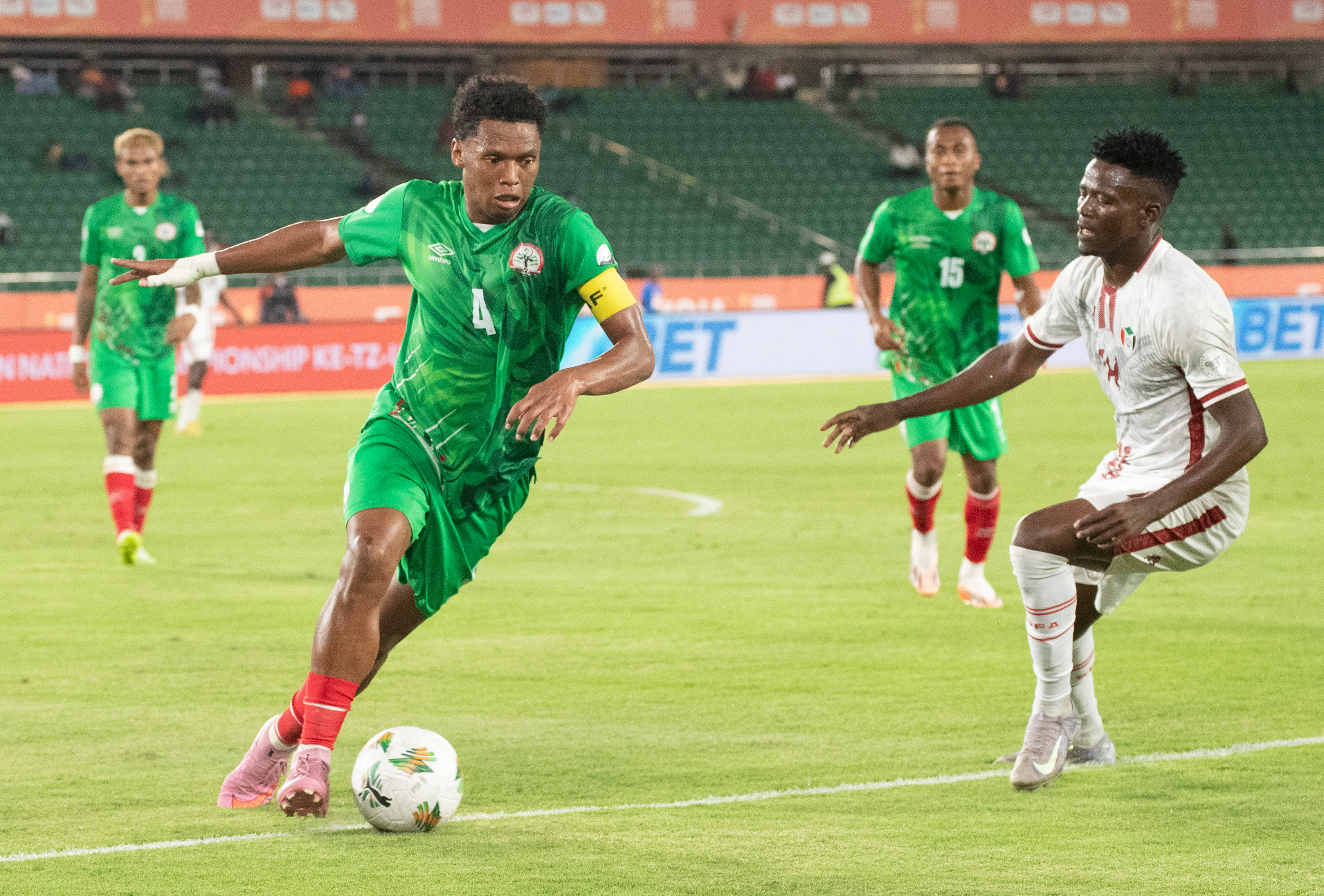
Madagascar’s journey to their first-ever CHAN final was built on resilience, discipline, and the refusal to panic when circumstances turned against them.
CAF Technical Study Group (TSG) member Oscar Rabson Mirambo, speaking after the match, highlighted how Romuald Rakotondrabe’s tactical adjustments and the collective mentality of the Malagasy side trumped Sudan’s missed opportunities and technical limitations.
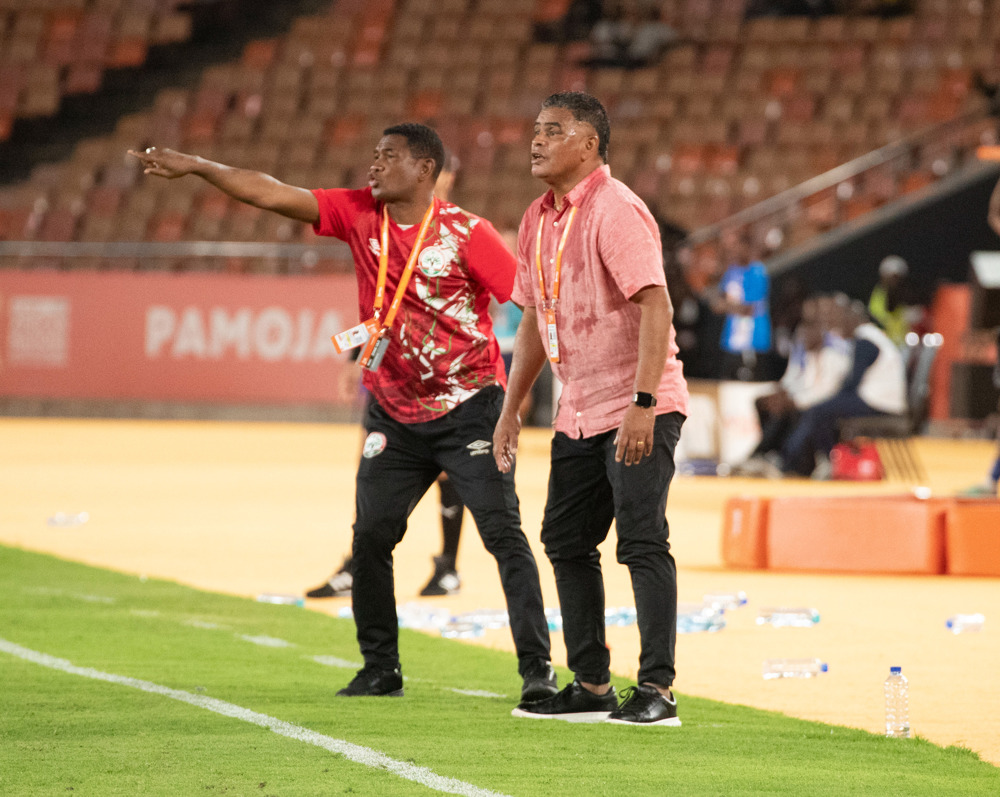
First Half: Two Coaches, One Cautious Script
Mirambo explained that the opening 45 minutes reflected the awareness of the occasion. “Both coaches were very conscious of the stakes,” he said.
“They preferred to protect against weaknesses rather than focus on their strengths. That’s why there were so few clear openings.”
Both Kwesi Appiah’s Sudan and Rakotondrabe’s Madagascar opted for compact shapes.
Neither wanted to concede early, which meant cautious defending took precedence over offensive risk. The result was a half of probing rather than breakthrough play.
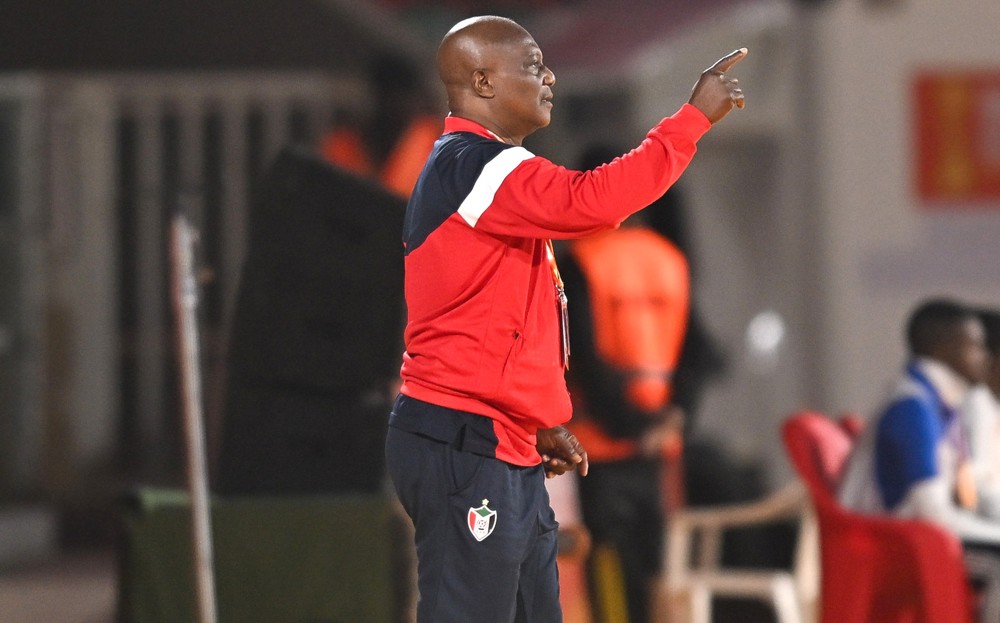
Sudan’s Wastefulness in Front of Goal
The match shifted in the second half as Sudan began creating real chances. But they lacked the execution to convert.
Mirambo pointed to two key factors: “Firstly, space management – how to use and occupy attacking zones effectively. Secondly, technical limitations. The players did not always control the ball with precision under pressure, and that hurt them.”
Sudan’s Walieldin Khdir missed a gilt-edged header, Mubarak Abdalla saw a shot blocked, and late on Musa Hussien was denied.
“At this level, those chances must be taken,” Mirambo noted, suggesting that Sudan’s pathway in youth development still leaves gaps in technical refinement.
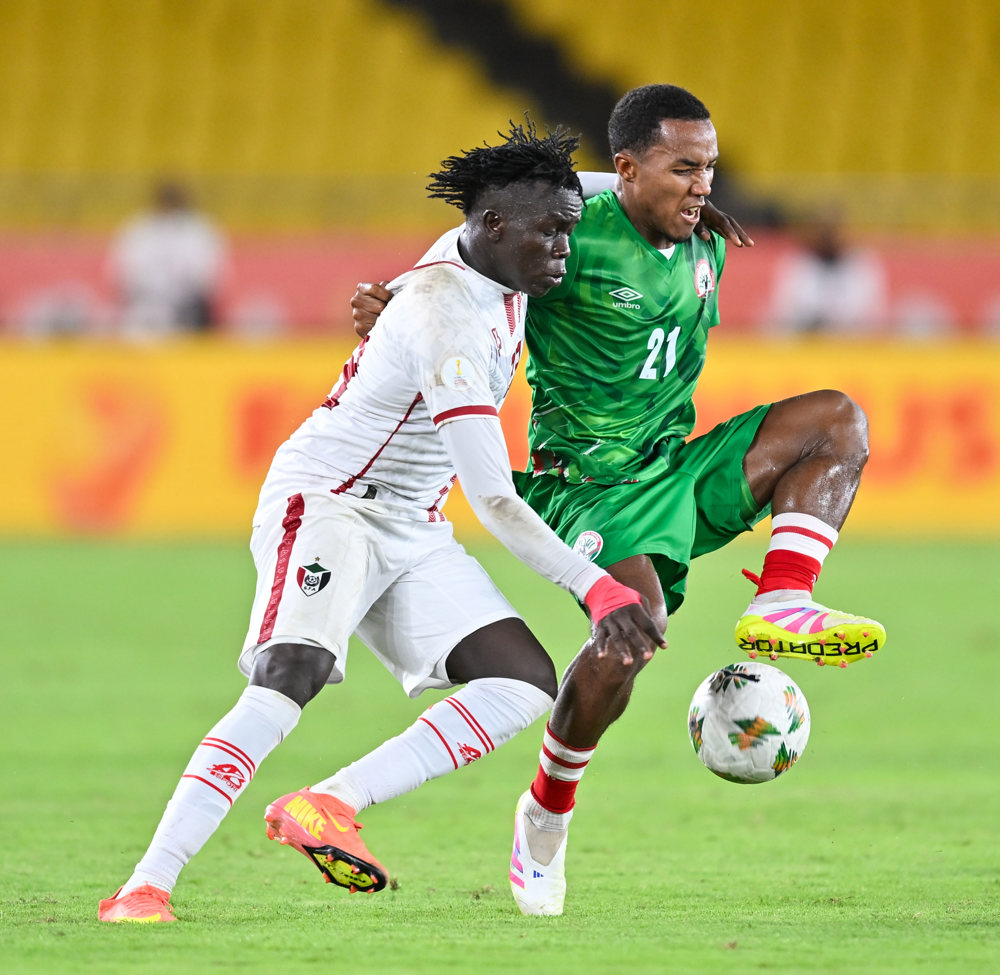
Madagascar’s Experience in Extra Time
For Madagascar, having already gone to extra time in their quarter-final win against Kenya, the additional 30 minutes did not come as a surprise.
“They had the mindset of: we’ve been here before, we can do it again,” said Mirambo.
Tactically, Madagascar dropped into a medium-to-low block, conserving energy and waiting for the right moments to counter.
“When you defend deeper, you use less energy,” Mirambo explained. “That allowed them to break forward with speed when the opportunity came.”
The decisive moment arrived in the 116th minute when Fenohasina Razafimaro slipped a pass into substitute Toky Rakotondraibe, who finished coolly to spark wild celebrations.
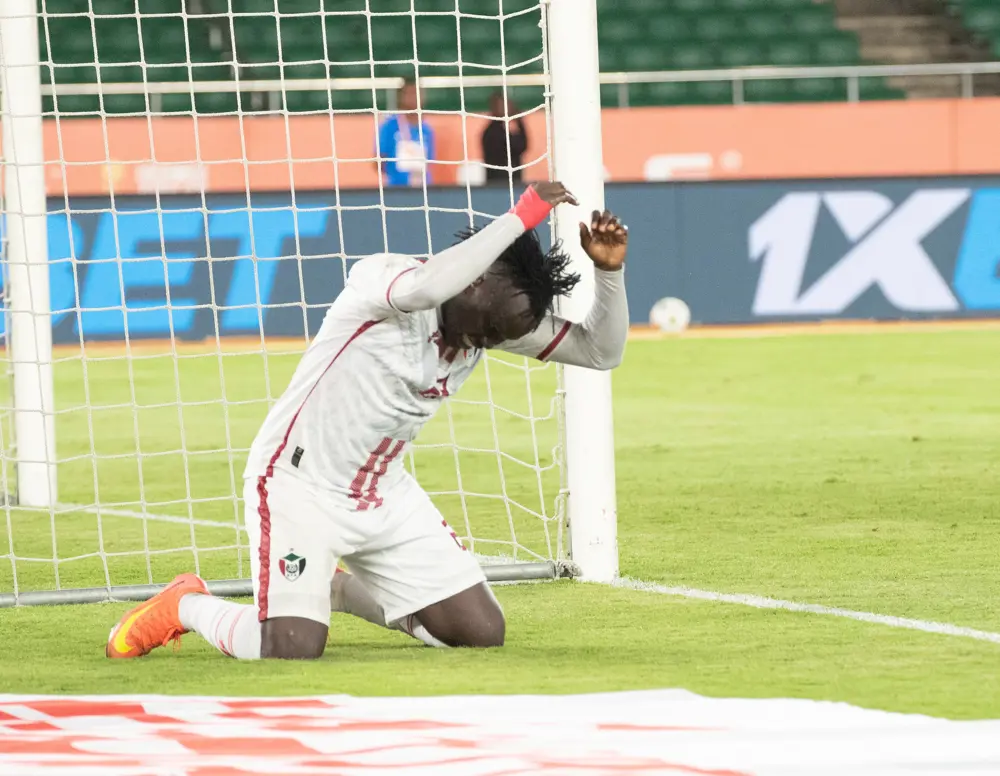
Leadership on the Pitch
Mirambo highlighted the impact of Madagascar’s senior figures. “You could see strong leadership and belief from their key players. They pushed beyond their primary roles and inspired the rest of the team to keep going. That kind of energy lifts the entire group.”
Players like Lalaina Rafanomezantsoa and Michel Ramandimbisoa embodied this spirit, driving the team on despite being reduced to ten men.

Managing with Ten Men
Losing a player early in the second half could have destabilised Madagascar, but Rakotondrabe’s men adjusted.
“They accepted they had to do more physically,” Mirambo said. “They stayed low, absorbed pressure, and waited for the right moments.”
This discipline contrasted with Sudan, who pushed forward aggressively with their numerical advantage.
“When you believe you’re stronger because you have 11 against 10, you sometimes lose defensive balance. That’s exactly when Madagascar caught them out,” Mirambo explained.
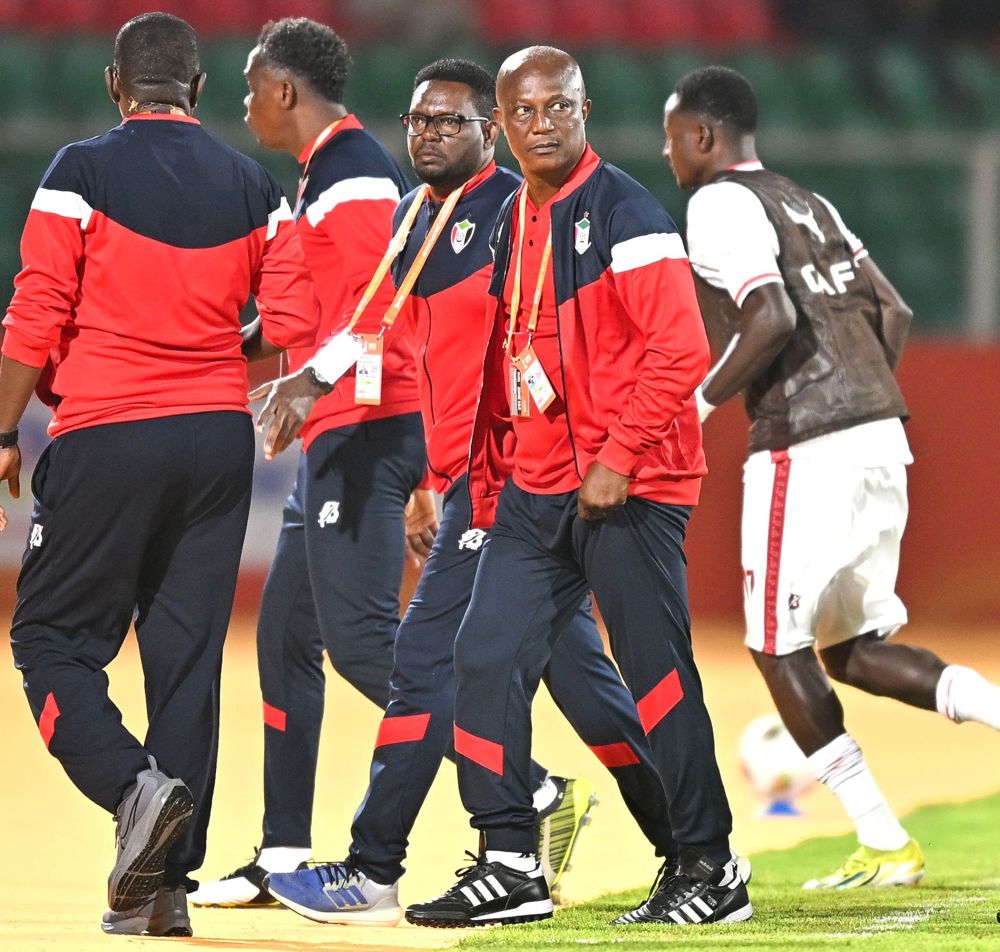
The Broader Lessons for Sudan
Despite the disappointment, Mirambo praised Sudan’s mentality and physical strength. “They believed they could win and worked very hard for each other,” he said. But he was clear about their shortcomings:
-
Poor timing in attacking runs.
-
Technical limitations in tight spaces.
-
Over-reliance on long balls under pressure.
“They need to reflect deeply on how players are developed,” he concluded. “If technical and tactical training is not emphasised at youth level, the limitations will show at this stage.”
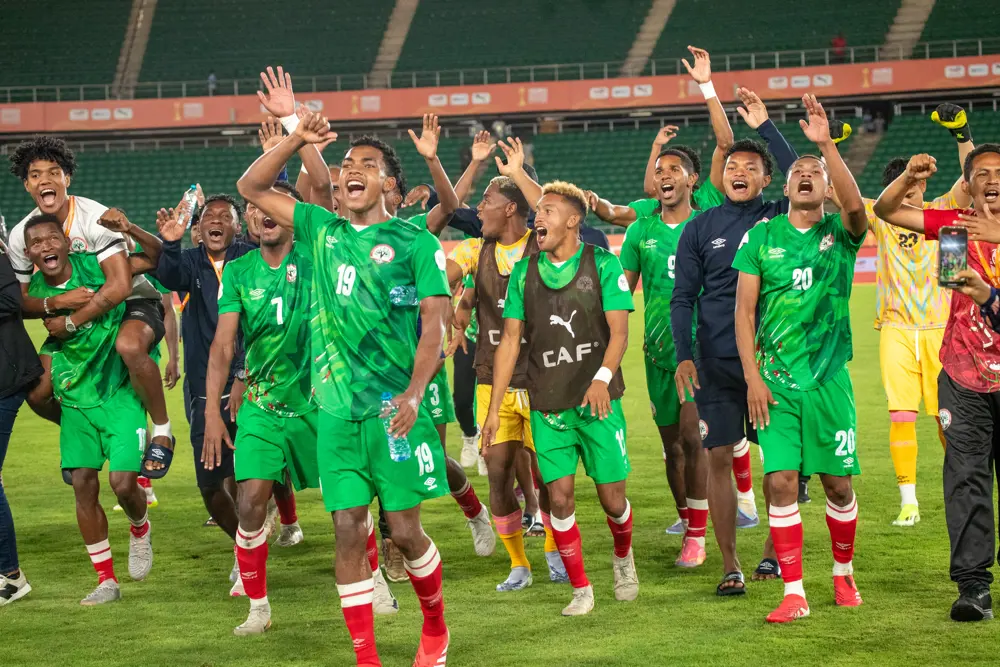
Team Over Stars: Madagascar’s Collective Power
For Madagascar, the semi-final underlined the power of unity. “They don’t have big names, but they have big belief,” said Mirambo.
“Every player buys into the team plan. It is a lesson for all nations – football at this level is not about individuals, it’s about the collective.”
He contrasted them with sides like Nigeria or DR Congo, who boast individual stars but struggled to progress.
“Cohesion, chemistry, and covering for each other – that is what carried Madagascar to the final,” Mirambo stressed.
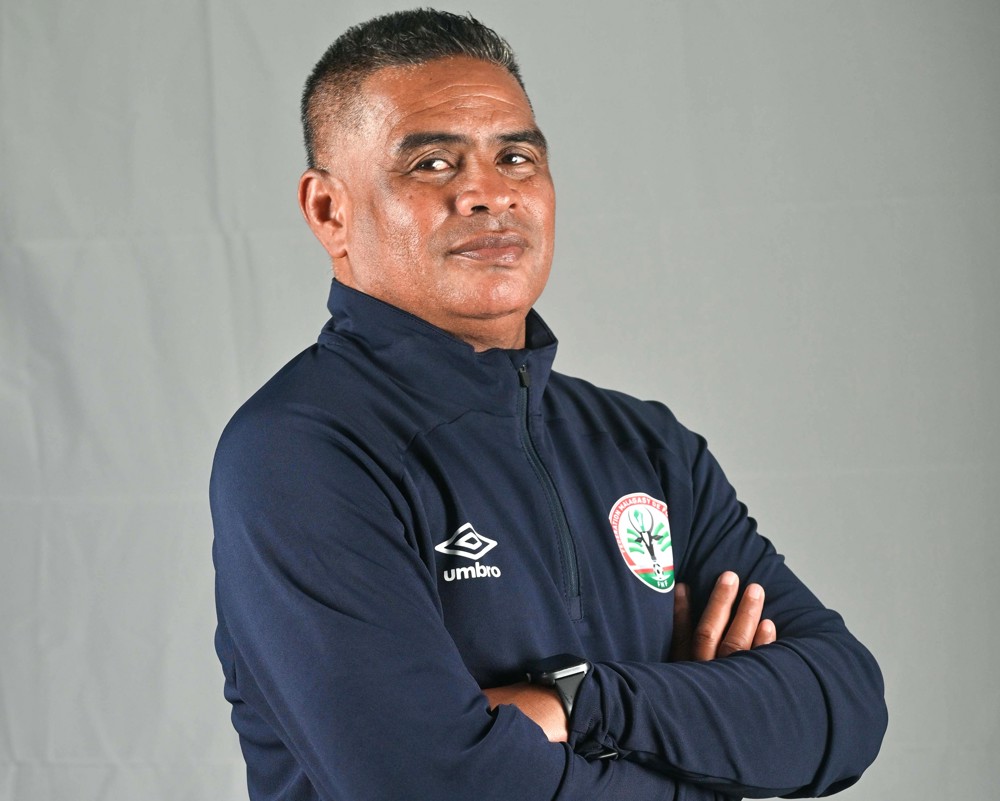
Conclusion: Lessons from a Historic Night
The semi-final was both triumph and heartbreak: a Malagasy side writing history with resilience and tactical clarity, and a Sudanese team left to rue missed opportunities.
For Rakotondrabe, this was proof of his players’ character. For Appiah, it was another reminder of the work required to build technical excellence into Sudanese football. And for African football as a whole, it was an advert for the drama and tactical depth of the CHAN.
As Mirambo summed up: “Mentality and physicality can take you far, but only when combined with technical and tactical quality can you go all the way. Madagascar showed the balance, and they are deserved finalists.”

